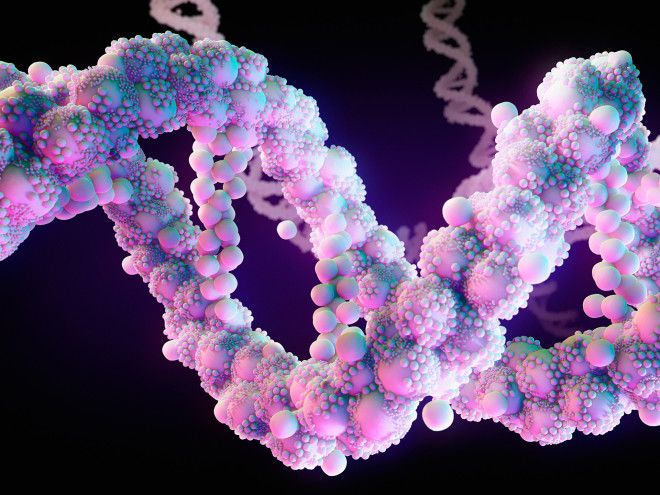You could say that Illumina is to DNA sequencing is what Google is to Internet search, but that would be underselling the San Diego-based biotech company. Illumina’s machines, the best and cheapest on the market, generate 90 percent of all DNA sequence data today. Illumina is, as they say, crushing it.
But as lucrative as that 90 percent slice is for Illumina now, the whole pie is likely to get even bigger in the future. Less than 0.01 percent of the world’s population has been sequenced so far. So recently, Illumina has made bold moves positioning itself for the future: The company is consolidating its core hardware business—this week, it sued an upstart competitor, Oxford Nanopore Technologies, for patent infringement—while moving into the genetic testing business with new ventures like the liquid cancer biopsy spinoff, Grail.
The company is a looking toward a future in which a lot more people gets genetic tests—and a lot more often. “Grail’s business will be very different than Illumina’s core business,” Eric Endicott, Illumina’s director of global public relations, said in an email. “We are at a tipping point in genomics, where a broad community of scientists and researchers continue to translate the potential of the genome from science to discoveries and applications.”
